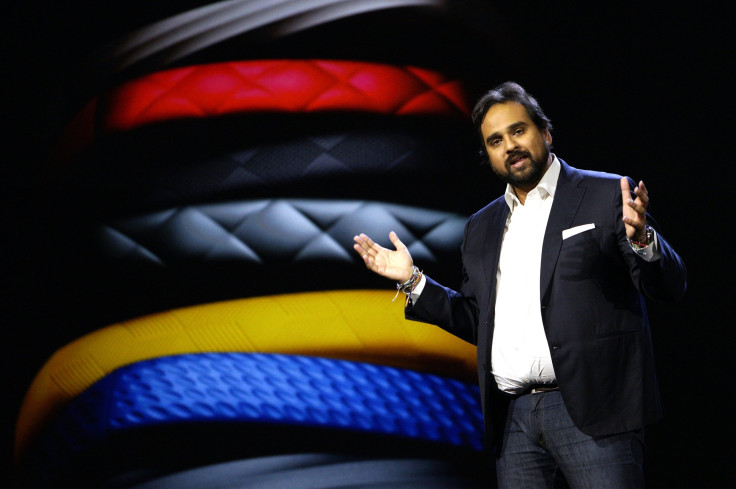Jawbone Sues Fitbit Again, This Time Over Patents

There's no love lost between Fitbit and Jawbone. The rival companies compete for users in the fitness tracker world, and the two companies are increasingly wrestling in court. Less than a month after Jawbone's parent company Aliphcom sued Fitbit over alleged theft of intellectual property, Jawbone is suing Fitbit again, this time over patents.
Fitbit's fitness trackers infringe on three Jawbone patents, alleges a complaint filed by Aliphcom in Northern California District Court on Wednesday. The patents in question relate to the design and implementation of a fitness band system that connects to a smartphone or other computer. The complaint also notes that Aliphcom plans to petition the International Trade Commision to start an investigation which could lead to Fitbit products being banned from being imported into the United States.
"Fitbit competes directly with Jawbone in the market for wearable fitness and activity trackers through its product line, most notably the Zip, One, Flex, Charge, Charge HR, Surge. These trackers – which make up virtually all of Fitbit’s wearable technology line – infringe one or more of the Jawbone patents," the complaint reads.
It's hard to tell if Aliphcom has a strong case because patent law can be arcane. But what is clear is this suit is a follow-up of sorts to an earlier case involving Aliphcom and Fitbit. Last month, Aliphcom claimed that Fitbit had "systematically plundered" some of its executives and convinced them to bring confidential intellectual property to their new jobs, including product roadmaps and designs. Although the cases don't seem to be linked -- the previous case was not mentioned in the complaint -- Aliphcom is still sending a clear message: Fitbit stole its market, its talent, and its inventions.
"This case arises out of the clandestine efforts of Fitbit to steal talent, trade secrets and intellectual property from its chief competitor,” wrote Aliphcom lawyers in last month's complaint.
"As the pioneer and leader in the connected health and fitness market, Fitbit has independently developed and delivered innovative product offerings to empower its customers to lead healthier, more active lives. Since its inception, Fitbit has more than 200 issued patents and patent applications in this area. Fitbit plans to vigorously defend itself against these allegations,” Fitbit responded in a statement.
Although Fitbit and Jawbone sell very similar products, the two companies are in wildly different fiscal situations at the moment. Fitbit filed for an IPO in May, and SEC documents revealed the company is actually very profitable, tallying $132 million in net income in 2014. Jawbone, on the other hand, is known as a "unicorn," or a private tech company with a valuation over $1 billion, and its most recent funding round came in the form of a loan with tough terms. Observers believe Aliphcom might be in trouble. Earlier this year the company was sued itself by contract manufacturer Flextronics over breach of contract because it allegedly didn't pay its bills.
© Copyright IBTimes 2024. All rights reserved.






















